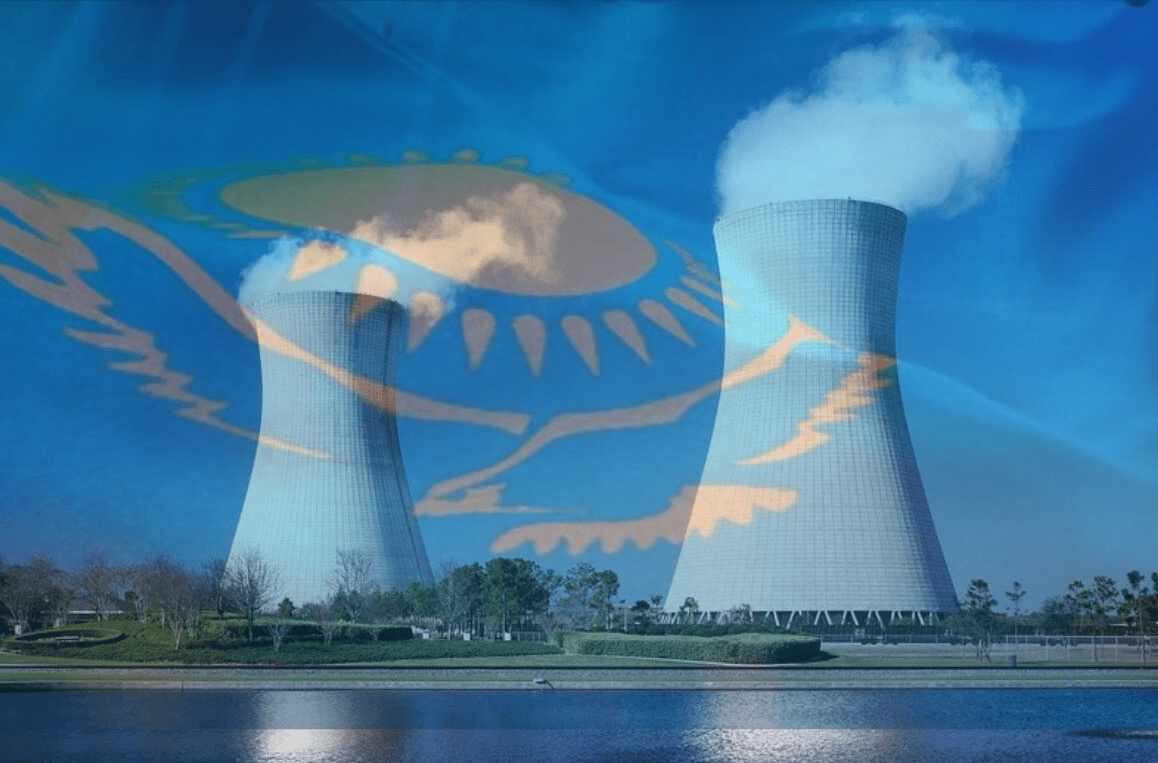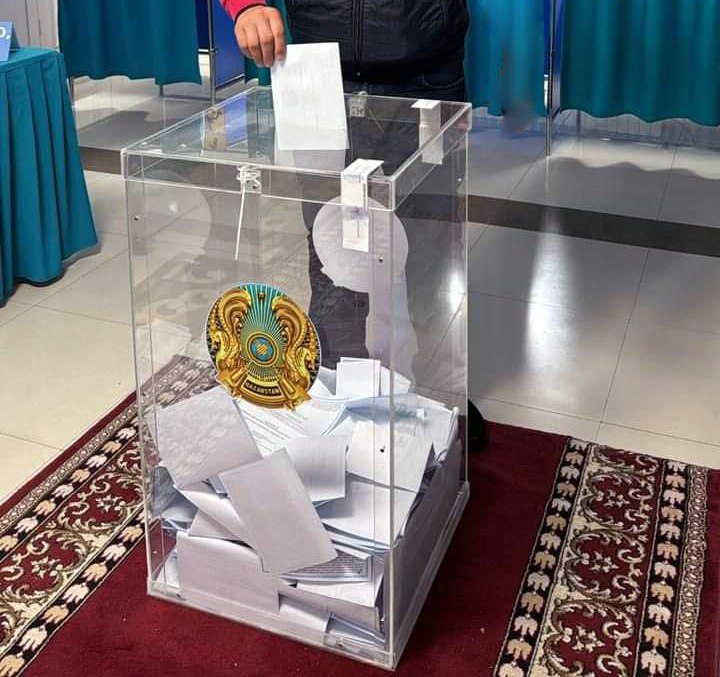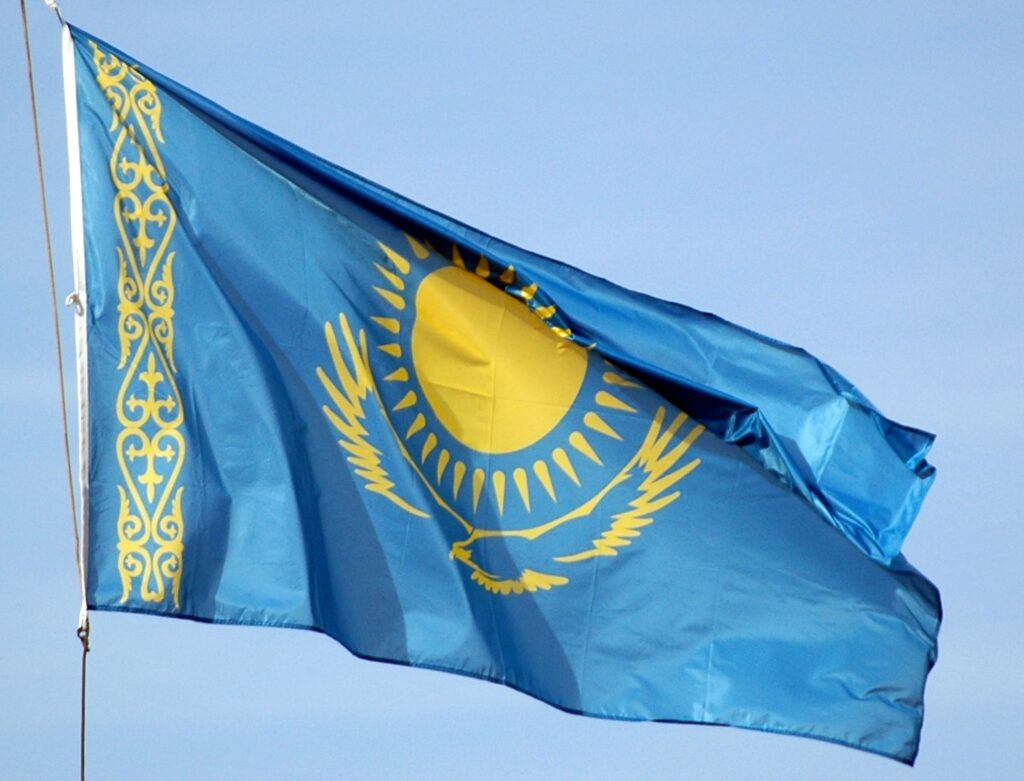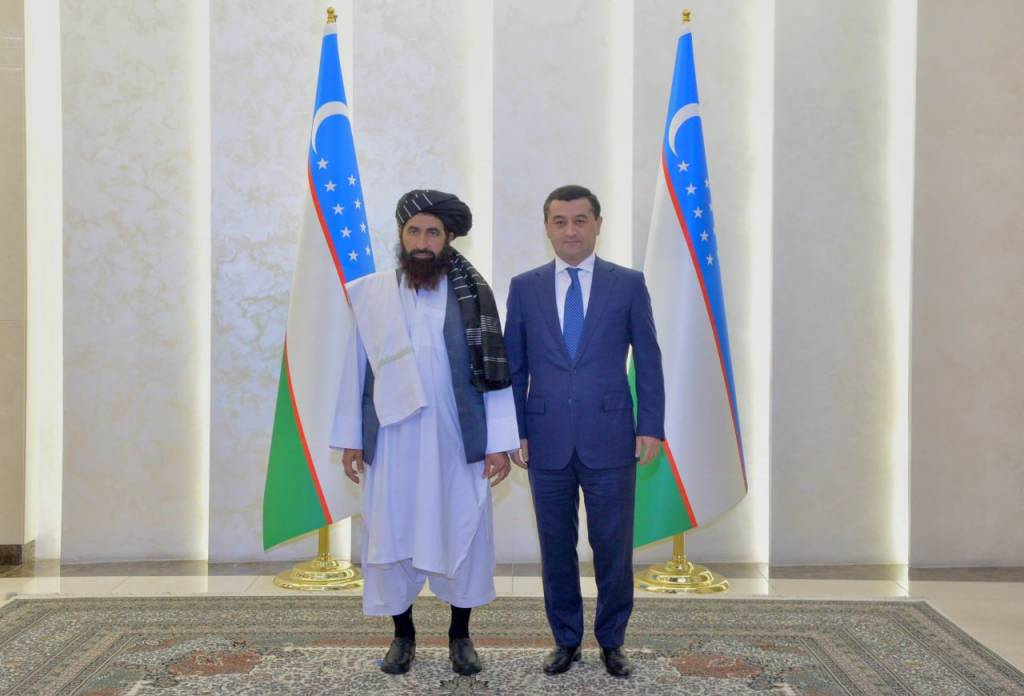Kazakhstan recently held a referendum in which approximately 71% of voters supported the initiative to construct the country’s first nuclear power plant (NPP). This project is part of Kazakhstan’s broader strategy to diversify its energy mix, reduce dependence on coal, and address chronic energy shortages that have affected the country for years. As the world’s largest uranium producer, Kazakhstan has abundant natural resources that make nuclear power a viable and strategic option.
The government views nuclear power as crucial for enhancing energy independence and security, while also contributing to environmental sustainability by reducing greenhouse gas emissions. The goal is for nuclear energy to contribute about 5% of the national generation mix by 2035, marking a significant shift towards cleaner energy sources.
A strategic opportunity for Kazakhstan
The NPP project is expected to be undertaken by an international consortium, the members of which are yet to be selected. Kazakhstan’s balanced multi-vector foreign policy encourages the involvement of various potential partners, such as Russia’s Rosatom, China’s National Nuclear Corporation, South Korea’s Hydro & Nuclear Power, and France’s EDF. Kazakhstan’s strategy for involving an international consortium aims to reduce potential geopolitical risks, particularly concerning Russia’s Rosatom. Rosatom is a key player in the nuclear energy sector, but Western sanctions against Russian companies raise concerns about its involvement in Kazakhstan’s project. By involving multiple international partners, Kazakhstan aims to prevent overreliance on any single country, such as Russia, and maintain a diversified approach to foreign relations.
This approach allows Kazakhstan to leverage advanced technologies from multiple sources, foster innovation, improve efficiency, and reduce risks associated with the NPP’s construction and operation. It also ensures that the best practices from leading global enterprises can be integrated into the project, enhancing overall safety and performance. Moreover, the involvement of international partners is likely to facilitate knowledge transfer, enabling Kazakhstan to build domestic expertise in nuclear energy.
The estimated cost for the NPP is between $10 and $12 billion, with the expectation that contractors will secure financing. An international consortium could attract investment from multiple sources, including their own countries, thereby reducing Kazakhstan’s financial burden for the project, inculcating resilience against uncertainties such as currency fluctuations, and distributing the risks among several stakeholders. As sanctions against Rosatom and broader economic concerns make sole reliance on Russian intolerably risky, attracting investment from multiple international stakeholders will also enable Kazakhstan to spread financial risks, thus enhancing the project’s viability.
A key strategic opportunity for Kazakhstan is to develop self-sufficiency in uranium enrichment. As the world’s largest producer of uranium, Kazakhstan has the potential to enrich its own yellowcake, i.e., impure uranium obtained by processing uranium ore. Developing this capability would reduce Kazakhstan’s dependence on Russia for enriched uranium imports and significantly enhance its energy independence.
Japan serves as a relevant model for this, as it enriches uranium domestically under international safeguards for civilian nuclear use. Kazakhstan could pursue a similar approach under International Atomic Energy Agency (IAEA) supervision, ensuring compliance with its non-proliferation commitments under the Nuclear Non-Proliferation Treaty (NPT).
Kazatomprom, Kazakhstan’s national nuclear company, is expected to play a significant role in overseeing the NPP’s construction and operation. Although the project will involve international partners, Kazatomprom could supervise project administration, ensuring that national interests are maintained throughout the development process. This arrangement would provide Kazakhstan with a mechanism to retain control over key aspects of the NPP’s development.
This could happen even if Kazatomprom’s stake is not a majority one. An example of this strategy is the reorganization in 2008–2009 of the consortia developing the offshore Kashagan gas deposit into the North Caspian Operating Company. In this instance, it was KazMunayGas that acquired the supervisory role, holding a minority stake slightly larger than the minority stakes of six international partners from six other countries.
Strengthening international partnerships
Kazakhstan has taken steps to strengthen its energy partnerships with other countries, such as France. President Tokayev’s meeting with French President Macron in November 2023, for example, focused on uranium exports and energy cooperation. This cooperation with France, alongside other international players, helps reinforce Kazakhstan’s energy security strategy and aligns with its broader multi-vector foreign policy.
The participation of international partners such as EDF (France), National Nuclear Corporation (China), and Hydro & Nuclear Power (South Korea) enhances the likelihood of successful technology transfer and capacity building. These partnerships offer Kazakhstan the opportunity to develop domestic expertise in nuclear technology, which is essential for achieving greater self-reliance in its energy sector. Effective technology transfer will ensure that Kazakhstan can independently manage and operate the NPP in the longer term.
Kazakhstan’s cooperation with NATO’s Partnership for Peace (PfP) program offers another avenue for developing expertise and infrastructure related to energy security. While Kazakhstan is not moving towards NATO integration, its cooperation under PfP provides access to technical expertise and support in managing energy infrastructure.
By framing this partnership as energy-related and focused on civilian infrastructure, Kazakhstan can avoid provoking Russia while still benefiting from NATO’s resources and experience. For example, Kazakhstan could benefit from the technical training and best practices provided by the NATO Energy Security Centre of Excellence, headquartered in Lithuania, which supports PfP members in their non-military energy security initiatives.
In perspective, Kazakhstan’s approach to the NPP project exemplifies its broader strategy of balancing national interests with international cooperation. Diversified partnerships, reduced reliance on individual countries, and initiatives to build domestic capabilities will help to ensure Kazakhstan’s energy security and minimize geopolitical risks.
This approach would demonstrate how multi-vector diplomacy combined with strategic risk management can achieve sustainable development. The experience of the NPP’s construction and operation could easily serve as a model for managing high-stakes infrastructure projects in other economic sectors.








